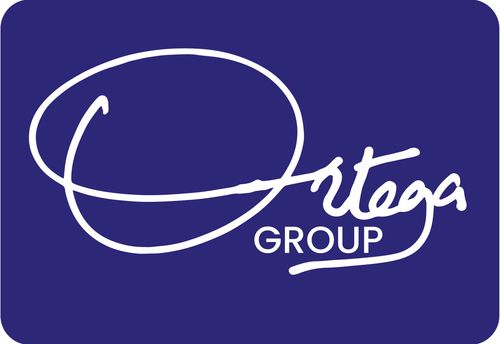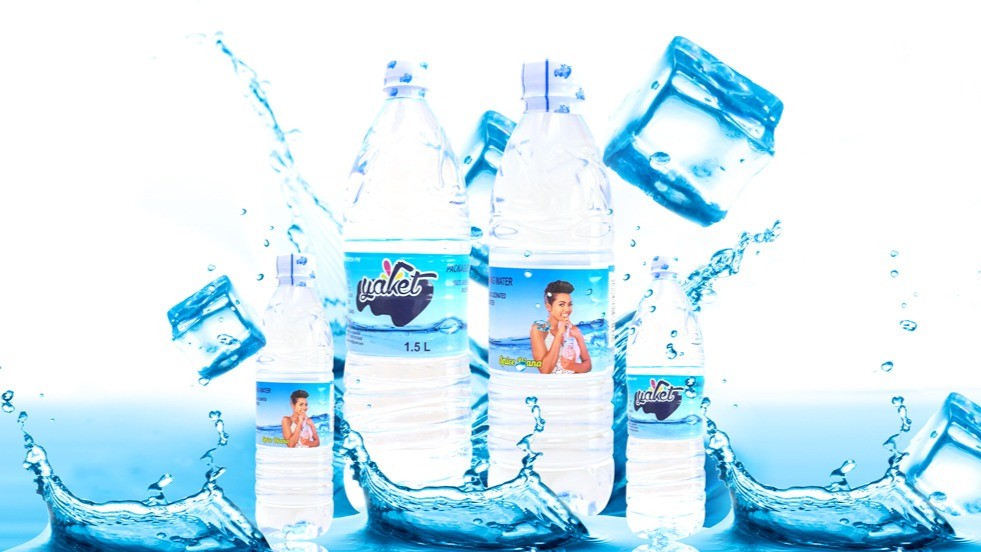By Moses Kaketo
Numbers don’t lie. If you stop over at any plastic bottle collection point, you will notice over 60% of the collected waste water bottles are labelled Yaket water. If you direct someone [from the bottom of the pyramid] to buy you bottled water, odds are, they will get you Yaket Water. That’s how the brand has seized the bottom of the pyramid. Established in 2017, Yaket Water is manufactured by Yaket International, based in Kiwedda.
Uganda’s bottled drinking water sector has been growing unprecedentedly. There are over 100 registered players, with an estimated total turnover of Ugx. 500 billion. This also includes exports to DRC and South Sudan. This augmented competition has taken on price wars. Unfortunately, the consumer is not protected.
Besides the brands you see in Kampala, there are several other water brands across the country whose distribution does not go outside a district or region. To stand out from the crowd, you need a captivating formula, beyond just producing and sending to the market. Yaket International came out with a captivating plan. Over the years, Yaket Water has gathered a strong, healthy market trust. Here is how.
Psychological marketing
To successfully enter and capture the market, Yaket International signed up songstress Spice Diana as Yaket Water Ambassador. In fact, in Ku ground, the brand is commonly known as Spice. To many boda boda’s and some men, they buy and drink Yaket Water because of that beautiful woman on the Water bottle. As they take this water, they imagine things—hope you understand.
You can underestimate this psychological marketing, but it deeply contributed to Yaket Water brand awareness, sales, and market share. Back in the days, MTN-Uganda used to advertise with attractive ladies, while Airtel-Uganda went for men. Who has the numbers today?
Loyal channel members
Channel members -stocktists, retailers etc. are key partners for the success of any brand. They determine what they stock, what they display and sell. They occasionally hoard a brand (s) to sell their preferred one. Yaket International understood this very well. They made them their friends by giving them more commission/profits compared to competition. For example, retailers get Ugx. 1500 as profit on every carton (12 bottles. Of 500ml) No wonder the Yaket Water is available even deep in villages. On other brands, the retailers earn between 500 and 1,000 per carton for competition.
The brand is also a king in Kakiri, Wakiso district, where UPDF’s Uzima water is produced, for example, Yaket Water still sells more than Uzima. That’s no mean feat.
Stylish bottle
Yaket Water bottles are slimmer- projecting the drinkers are classy, and smart. You can handle the bottle with ease, moving with a swag. No wonder the brand is popular in secondary schools. Meanwhile, the bottles for competition are no match—they’re big and fat—suggesting outdated. No one wants to be linked with that.
Chinese owners fronting Ugandans
Mindful of the belief Ugandans have against Chinese and Chinese products, the Chinese behind Yaket International don’t show anywhere or even mention anywhere, not even on their website. At the front line, all you see are Ugandans.
Growing further
To cater to the greater Masaka, one of the wealthiest districts/regions after Kampala, Yaket International went ahead to open up a plant to cater to the increasing market. in the region. And perhaps to lessen the delays and costs of distribution. Greater Masaka includes Masaka, Rakai, Kyotera, Kalangala, etc. These are coffee-growing areas. With the good coffee prices, these farmers have moved away from drinking spring/pot water to bottled water, and Yaket is their first choice.
Why is everyone into bottled water?
Unlike other sectors, the bottled water industry is not very complex. Nevertheless, it’s challenging. All you need is to dig a well and buy plastic bottles and take your product to the market. There are fundamentally no big barriers to entry and exit. However, whenever the business has limited barriers to, the margins are usually small. Imagine distributing a full FUSO truck of bottled water worth Ugx. 2m.
Water everywhere, but not a single drop to drink.
Good water depends on its source. Industry specialists say good water is obtained deep underground. The deeper, the better it gets in terms of quality. Yet, it is costly to drill water deep underground. Of the over 100 water brands on the market, fewer than five get their water underground.
The irony. A good number of these companies are found in residential areas bounded by pit latrines. While others are near swamps and not in swamps. This is where the problem starts.
This water is filthy. Otherwise, it must be carefully boiled, filtered, and preserved. However, to cut costs, some companies’ tap water from springs/streams. while others tap from the National Water and Sewerage Corporation. There was one in Kira Municipality, Wakiso district, luckily, it closed down.
Those who are patriotic, boil this water, purify it, and add nutrients before packing it. Some companies have no time for this. They merely pack the water no matter where they source it from.
UNBS quality mark is no assurance.
Not all Uganda National Bureau of Standards (UNBS)marks on the bottled water on the market are certainly a guarantee of quality. The mark has no special features to make it exceptional and hard for crooks to falsify.
The unfortunate part is governments seem not to shield the players who play fair in the market. The companies that follow the standards contest in the same market with those who bend the quality standards.
Market intelligence reports indicates that Vero Water, which was manufactured by Vero Foods in Namanve off Jinja Road, was the best bottled water on the Ugandan Market. The brand was produced to global standards. Regrettably, the brand was not given the respect it deserved. It could not stand the unfair competition. It also went under.
You can also blame it on Ugandans. Many times, Ugandans don’t appreciate quality. The majority of Ugandans seem to be taken by price and quantity, not quality.
Survival trips
If one is to survive in this competitive market with such low prices and sales, they must sell over 10,000 cartoons a month. Unfortunately, many of the players barely dream of selling such numbers. There are about three companies that can afford to sell such numbers. Sources familiar with the industry say some players are said to be twisting the quality control rules at the cost of the customer’s safety.
Quality bottled water is an expensive venture.
A bottle cap costs Ugx. 40. The bottle itself costs Ugx 50, while sales and marketing account for more than 6%, distribution accounts for 25%, and power bills and salaries. Put together, you see the costs going the wrong way. Making it tough to stay in business with low prices and sales.
Taken together, except if there is foul play (using untreated water from streams and rivers, etc.) or dodging taxes, stealing power, etc., you cannot stay in this flooded market when you’re only producing bottled water.
Last word
Is that bottled water you’re drinking safe? or are you buying it because it’s low-priced? Do you drink it with one heart? Is it processed to standards?. There are at least five brands on the market that you can trust. Do your research.
The writer is a content creator, marketing, and distribution expert. He can be reached via WhatsApp at +256782507579.

